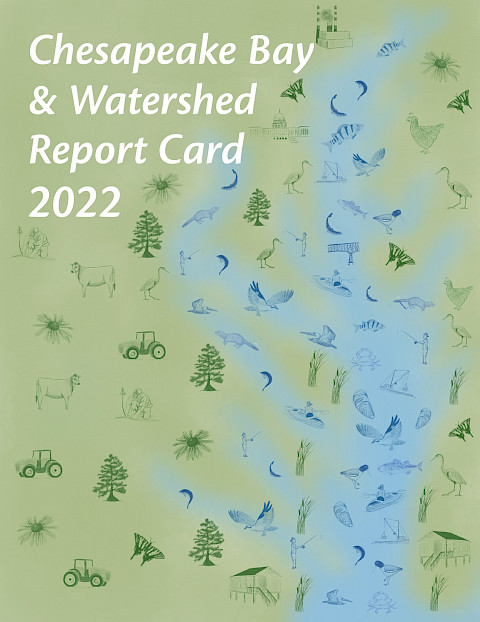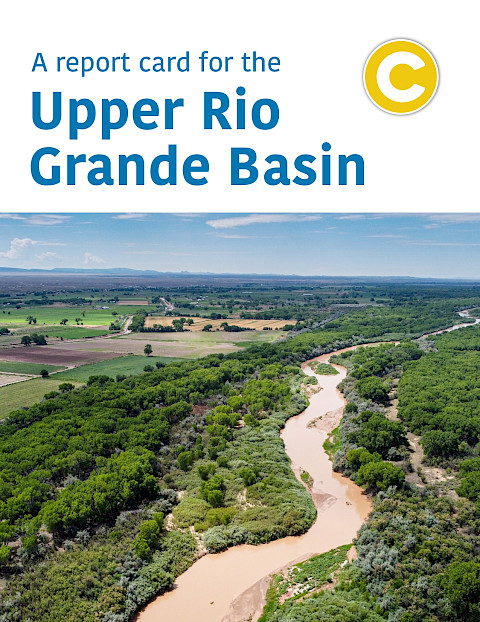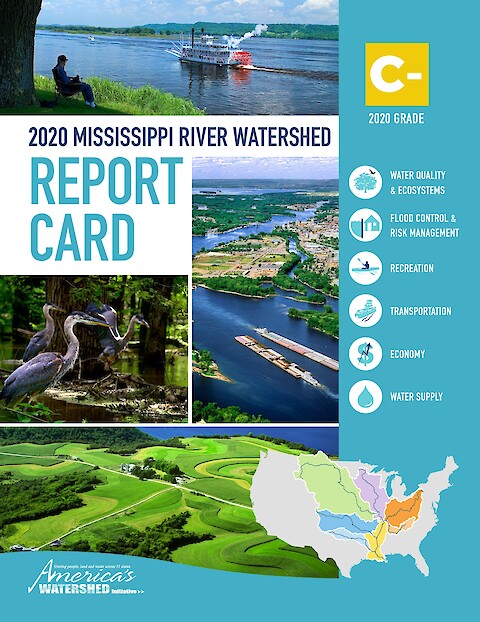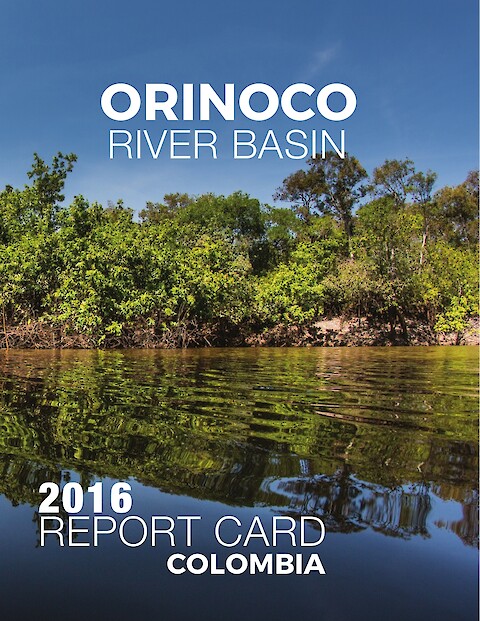Ecosystem health report cards are co-developed in collaboration with local stakeholders. They are proven tools for measuring social, environmental, and economic health, and create social capital through the collaborative process used to create them. This capital can be leveraged to increase awareness of issues that are important to local communities, and create opportunities to improve them. The report card co-design and co-creation process fosters intense community engagement in the assessment of their area, creating opportunities for increased awareness of environmental and social conditions, and can increase opportunities for engagement in the decisions that affect them.
IAN is at the forefront of this process having pioneered ecosystem health report cards as tools for conveying complex scientific information in a concise and simple format. This process has evolved to focus on engagement, with the report card creation as the focal point and catalyst of collaborative learning. We have over 20 years of experience in completing these types of projects globally, and we have seen the positive impact of these projects first hand.

Report cards have evolved from use primarily as science communication tools for raising awareness, to a detailed process that focuses on engagement and on a balance of societal, cultural, economic, and environmental aspects. Other advances in report cards include the use of leading indicators, incorporating Social Network Analysis, and integrating systems thinking and modeling.
See below for several recent examples, or you can view all of our completed report cards. Some of our report cards are also presented here, on this interactive website.



